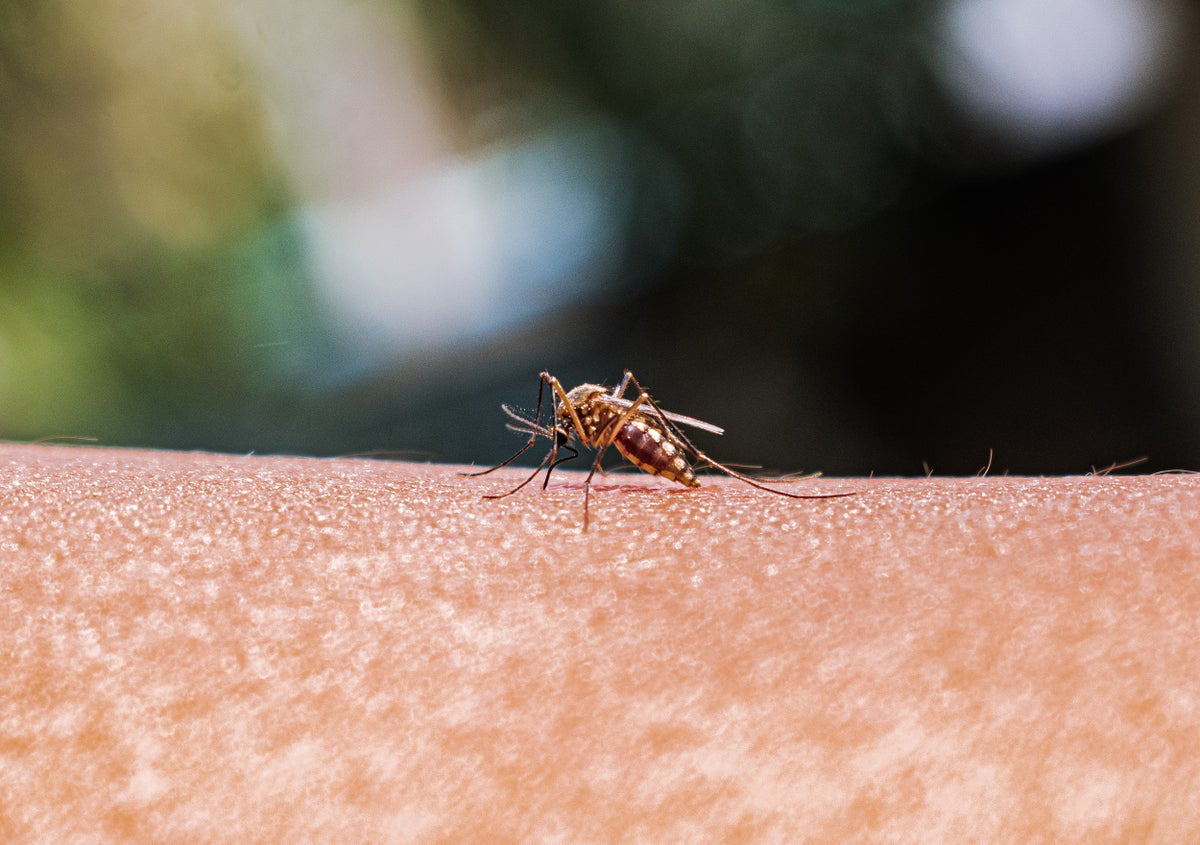
"According to the New Jersey Department of Health and the state's Department of Environmental Protection, a resident of Morris County with no recent history of travel possibly came down with the mosquito-borne disease, which is marked by fever, headaches, chills and gastrointestinal symptoms. While the state sees about 100 cases of malaria that are contracted abroad each year, if confirmed, the Morris County case will be New Jersey's first case of locally acquired malaria since 1991."
"Washington State has reported a similar case. A patient in Pierce County with no recent travel history was diagnosed with possible malaria on August 2, prompting the Tacoma-Pierce County Health Department to begin trapping and testing mosquitoes for the disease-causing Plasmodium parasite, which the insects transmit with their bites. If it is determined to be locally acquired, the case will be the first non-travel-related malaria infection known in Washington State."
Health authorities are investigating possible locally acquired malaria cases in New Jersey and Washington State involving patients with no recent travel histories. The New Jersey case involves a Morris County resident and could be the state's first locally acquired malaria infection since 1991 if confirmed. The Washington case involves a Pierce County patient diagnosed August 2, prompting mosquito trapping and testing for the Plasmodium parasite. Malaria symptoms include fever, headaches, chills and gastrointestinal issues. Malaria was eliminated from the U.S. by 1951, but Anopheles mosquitoes that can transmit Plasmodium remain widespread and warming climates raise transmission risk.
Read at www.scientificamerican.com
Unable to calculate read time
Collection
[
|
...
]